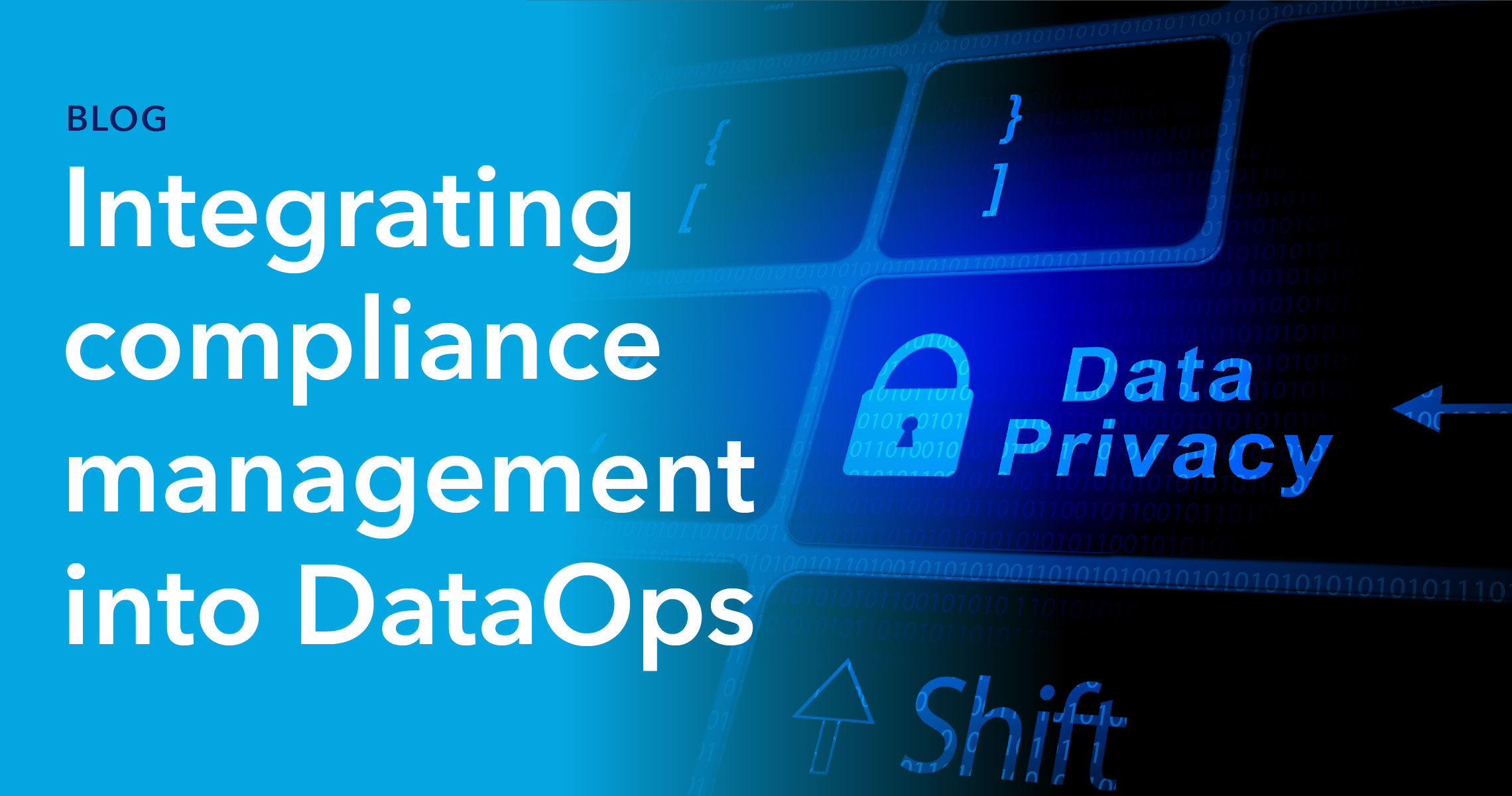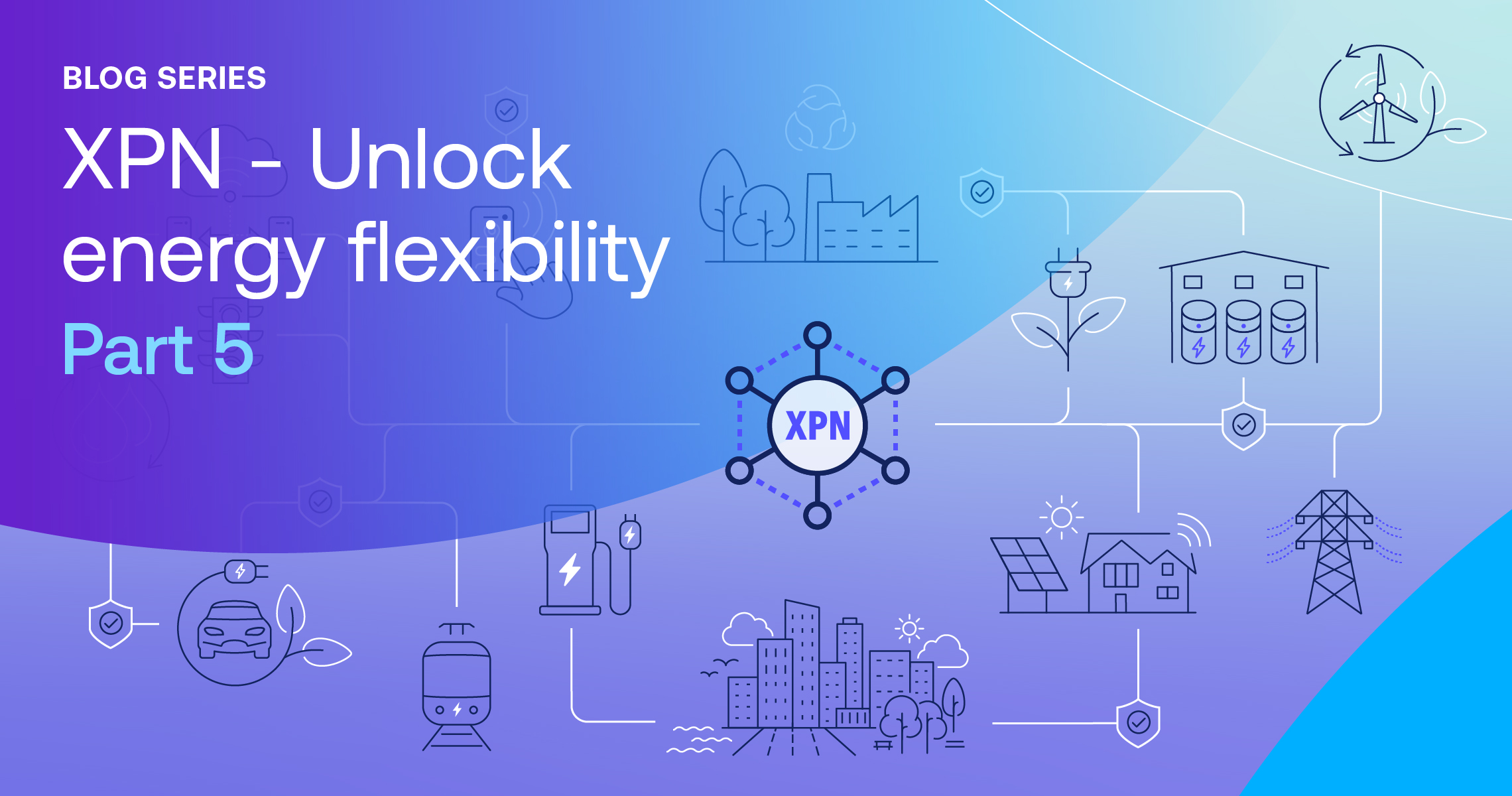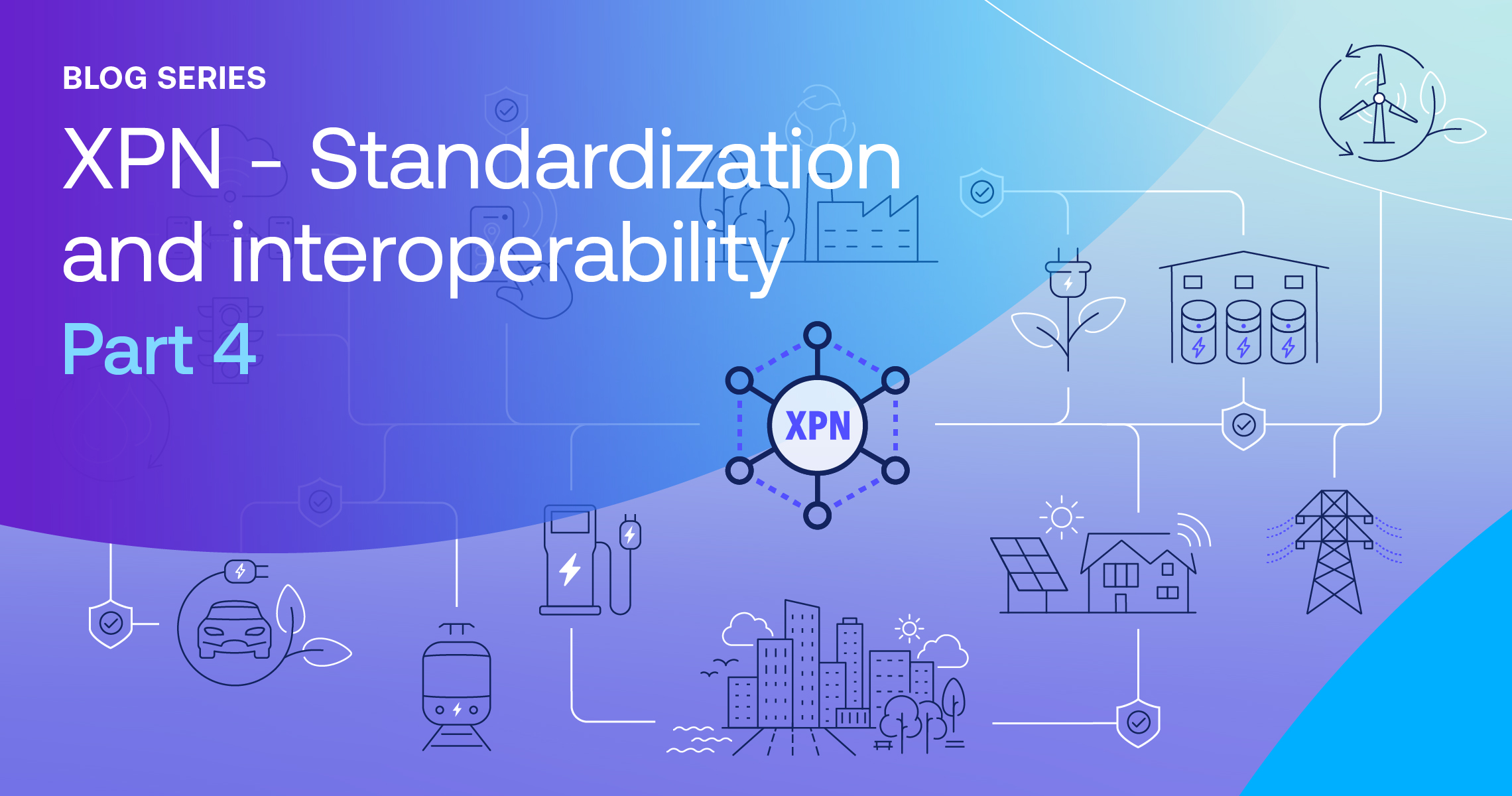Why compliance management matters
The value that DataOps provides is undeniable. However, with data breaches affecting billions of people over the last decade, government organizations, standards bodies, and consumers themselves are more wary than ever of how data is collected, used, and stored. Today, organizations need to meet a number of data compliance regulations, or risk damaging their business.
Here are just a few ways problems with data compliance management can affect businesses:
Regulatory reprimand
There are a number of different regulations at state (California’s CCPA), national (Singapore’s PDPA), and supranational (the EU’s GDPR) level which affect almost every organization that isn’t purely local. As such, it is necessary to comply with the relevant laws of these territories to do business there. The penalties can range from mandatory disclosure of data breaches, which can affect consumer trust, to fines of up to $11.5 million or 2% of global turnover. Without compliance management for all relevant territories, corporations face significant risks to their direct bottom line and their ability to do business in general.
Risk
Risk management profiles must be accounted for, especially for listed corporations. With data breaches costing up to hundreds of millions of dollars in terms of fines, compensation payouts, rushed security work, and lost customers, risk management functions will want to know the exact nature of their organization’s potential exposure and how likely a breach is to occur. In line with this, the lack of effective data compliance management increases risk and reduces shareholder value.
Cyber insurance
Obtaining insurance coverage specifically designed to offset the risk introduced by data breaches and cybercrimes is a common business and risk management practice. However, the cost of this insurance will be higher and the terms more exclusionary if a business can’t prove that recognized compliance management protocols are in place.
Tenders and procurement
Data protection legislation has also become a minimum requirement for many procurement tenders. This is especially the case with public bodies, where there are now very strict protocols on how personal data can be used to collaborate with third parties. If an organization can’t meet these minimum requirements, they risk missing out on important contracts.
These are just some of the clear negative impacts of not deploying compliance management. However, effective data governance and compliance generally go hand in hand, so if you’re doing one well, you’re probably doing both well. The opposite also applies. If compliance functions don’t exist, it’s also highly likely that the organization also suffers from stagnant dataflows, inefficient analysis, and impenetrable data swamps, which also affect a data function’s ROI.
Integrating compliance management into DataOps
Though you may not have built compliance management into your data function, integrating it after the fact doesn’t have to be a difficult process. Plus, it’s worth the effort, as it will help create a clearer risk profile and improve the flow of business intelligence (BI) from your DataOps. Here’s how compliance management can be integrated into current DataOps architecture.
Inventory of all data assets and locations
Depending on how data logs have been kept, your organization might have total knowledge of all the data assets it holds, where they are kept, and who has access to it, or decreasingly so on a sliding scale. For compliance management to be able to function successfully, full inventory needs to be taken, along with clear labeling and logging of all future data inflows.
Governance protocols
The key to compliance management is data governance, a function that ensures the quality and security of your data while simultaneously outlining data ownership, access, and usage protocols. Data governance gives your organization an oversight of everything that is happening with your data. When combined with compliance management, it allows for easy and streamlined operation of your data function while maintaining necessary compliance measures.
Access controls
A major cause of data breaches is account takeover, which allows attackers to fully access all data within a network, even if the compromised user had no relevant reason to have such access. Tighter access controls lead to improved compliance management, preventing a “break once, run everywhere” situation. This can include control down to the row- and column-level and strict definitions of what functions users can perform with the data.
Trusted execution environments
Data analysis through third-party analytics firms or external data sharing with vendors or collaborators increases the risk of data breaches and breaking regulations on data security. The alternative is not collaborating with third parties, which isn’t feasible, particularly if data value is to be maximized. For compliance management, the solution is for all data functions to be performed in trusted execution environments with robust security measures and access controls to prevent data leakage.
Audit trails
Most regulatory legislation defines a certain time period within which a breach must be reported, which makes leak identification and remedying system breaches time-pressured. Compliance management can help ensure the swift locating of compromised access points by creating detailed audit trails for all data assets, including when and how often users accessed data and what they did with it.
A secure data platform
All the necessary features of an effective compliance management function are possible with a secure data platform, such as Intertrust Platform. Along with improving the interoperability and speed of data flows, Intertrust Platform enables data administrators to define strict governance protocols in line with relevant data protection legislation. With improved security through trusted execution environments, flexible and wide-ranging access controls, and full auditing capacities, a data platform is an essential tool for deploying successful compliance management.
To find out more about how Intertrust Platform is helping organizations across all industry verticals with data governance, you can read more here or get in touch with our team.
About Abhishek Prabhakar
Abhishek Prabhakar is a Senior Manager ( Marketing Strategy and Product Planning ) at Intertrust Technologies Corporation, and is primarily involved in the global product marketing and planning function for The Intertrust Platform. He has extensive experience in the field of new age enterprise transformation technologies and is actively involved in market research and strategic partnerships in the field.




